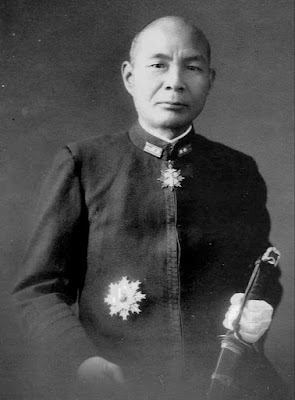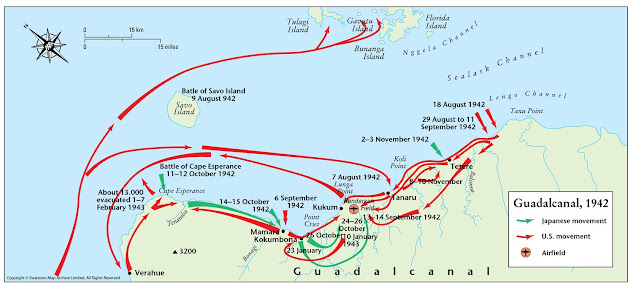"The Mosquito Fleet" in World War II
 |
| PT 511 crew |
Although PT boats are usually associated with the Pacific
Theater of Operations during WWII, they served all over the world including in
the Atlantic, Caribbean, and Mediterranean Oceans. Today is the anniversary of
a last ditch effort by the German Navy to reinforce their garrison in Le Havre
during WWII, a port overlooking the D-Day beaches that had been cut off by the
Allied advance after June 6. On the night of August 26, a small group of
landing craft and R-boats approached Le Havre with ammunition and supplies. HMS
Retalick, a Royal Navy frigate,
detected the convoy and guided three PT boats into the area to launch an
attack. PT 511, PT 514, and PT 520 approached and fired six torpedoes without
being discovered. They sank two artillery ferries, AF-98 and AF 108, before the
German escorts found them and returned fire. The PTs withdrew through heavy
fire without sustaining any casualties.
Most of the
men on those PT boats probably received their training just up the road from
the Naval War College in Melville, RI. The Motor Torpedo Boat Squadrons
Training Center (MTBSTC) was established in February 1942 to train officers and
enlisted personnel in all aspects of PT boat operations. The men lived in Quonset
huts and trained aboard ten boats assigned to MTB Squadron Four. By March 1945,
1,800 officers and more than 11,000 enlisted men had graduated from the
training program.
 |
| Gift of Gift of Mr. W. Ogden Ross and Mr.
Leighton C. Wood |
 |
Gift to the Naval War College Foundation
by Mr. Anthony S. Marchetti
87.04.01
|
The Navy nicknamed its PT Boats “The Mosquito Fleet,” and
hence many of the MTB Squadron unit insignia featured mosquitos in their
design. Much like WWII bomber nose art, these insignia helped to build unit
pride while also providing a way for squadron members to distinguish themselves
from the rest of the Navy in a world where uniformity was the norm. The
insignia for Squadrons 21 and 43 demonstrate the creativity that artists brought
to this task. Squadron 21 saw service in the South Pacific during the war,
while Squadron 43 was decommissioned and its boats transferred to the Soviet
Union as part of lend lease. The MTBSTC closed in 1945, although the Navy
continued to operate a fuel depot in Melville until 1973.
Rob Doane
Curator, Naval War College Museum
Rob Doane
Curator, Naval War College Museum


Comments
Post a Comment